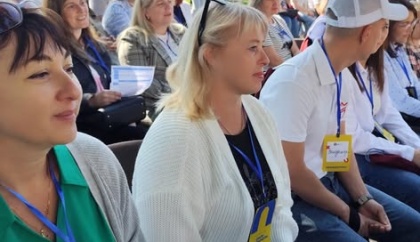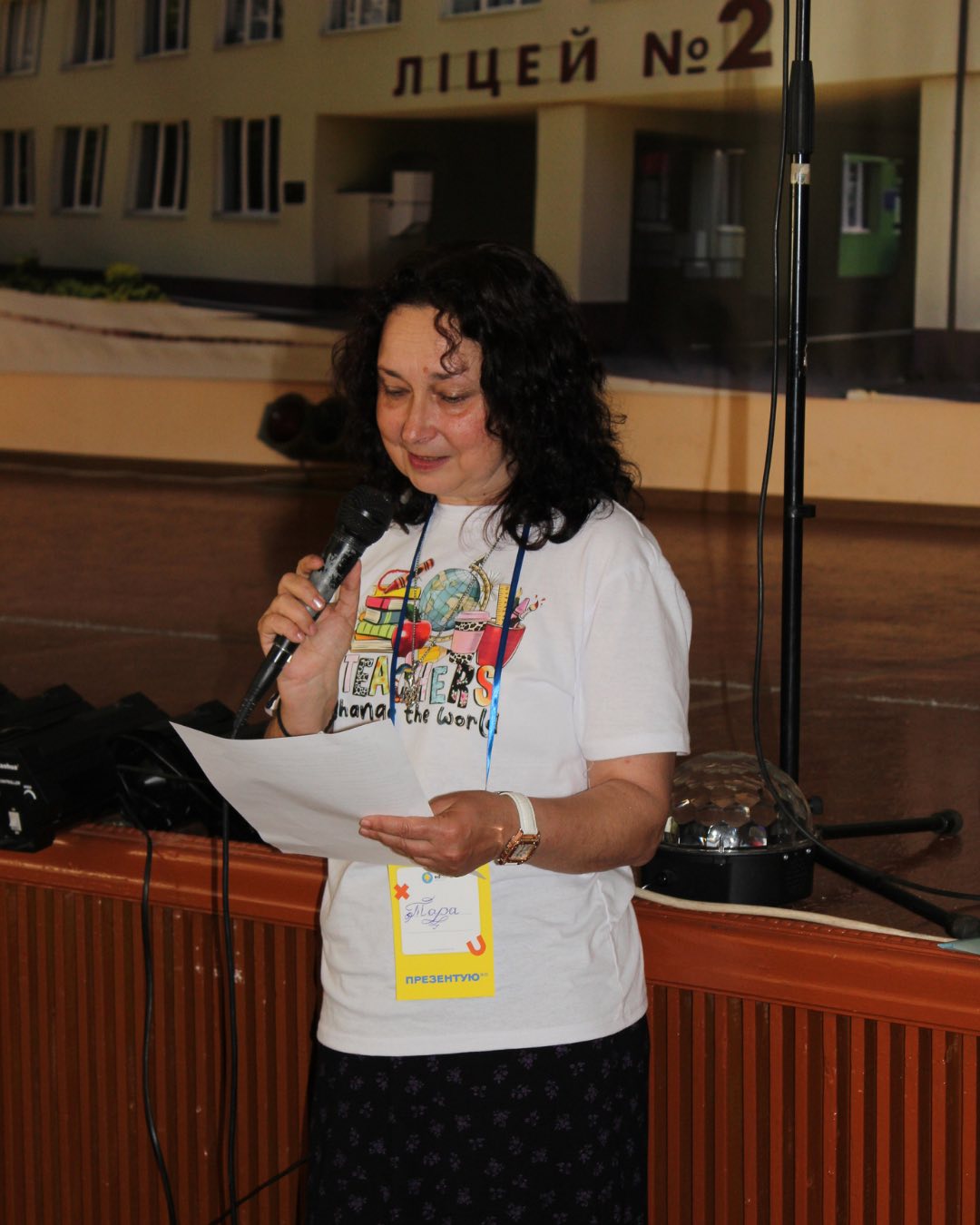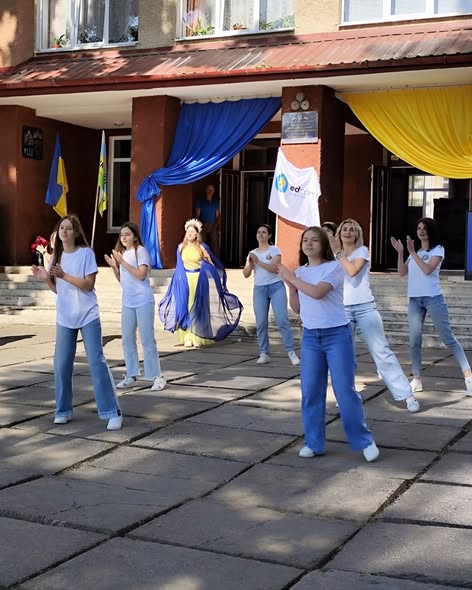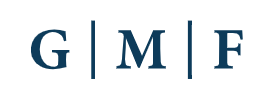
This year, the Network took part in four events: in Velyki Hayi, Ternopil region; Zhuravno, Lviv region; Chyhyryn, Cherkasy region; and an online event in Kherson. Screenings and discussions of the films with educators took place within the context of the events’ key theme: fostering community support in the process of education reform.
In Velyki Hayi and Zhuravno, the participants watched Gabriel Reports from the World Cup by Dutch director Els van Driel. The screenings were moderated by Natalka Dobryanska, educator and moderator of the Docudays UA film club at the NGO “Patronus” in Lviv.
“After the screening of Gabriel Reports from the World Cup, participants commented that such stories help children develop empathy, learn to care for others, and not be afraid to stand up for their rights. Together, we explored ways to integrate such screenings into school lessons, homeroom hours, and even parent–teacher meetings,” shared Natalka Dobryanska. “The most valuable part of these events is the sense of community, where everyone can share their experience, find support, and feel inspired.”
“Gabriel is a boy who compelled us to look at the world through the eyes of a child fighting for justice. Stories like this help children understand that the right to a home, to safety, and to their own voice is not an abstraction, but a part of our everyday life,” one of the educators noted after the screening in Zhuravno.
“This film revealed to me a new dimension of civic education: learning through empathy. Documentary films give teachers a tool that immediately engages emotions, which results in the most powerful pedagogical effect,” said a participant of the discussion in Velyki Hayi.

Tetyana Bondarenko (Photo from the DOCU/CLUB Network archive)
Tetyana Bondarenko, educator and moderator of the “Forum” film club at the NGO “Priorytet” in Oleksandrivka, Kirovohrad region, presented the film Language by director Serhiy Lysenko to the audience in Chyhyryn and discussed with them the role of Ukrainian language in shaping national identity.
She subsequently held an online screening of the film for educators of the Kherson region. “For me as a moderator, these screenings were deeply emotional and important, because I am also an educator. We discussed our personal experiences and the ways in which schools can support linguistic identity, especially in challenging regions. It was a dialogue about changes in our country and our role in this process as teachers. The film fit perfectly into the keynote theme of the event, where school, community, and language were crucial concepts that shape changes in education and in the country in general. I am grateful to EdCamp for the wonderful audience and the professional space where documentary cinema works on the maximum level!”, emphasized Tetyana Bondarenko. The film sparked active discussion and experience-sharing among the educators present at the (non-)conference.
“As a teacher, I understand how important it is to nurture the linguistic environment not only at school, but also in families, among friends, and within communities. The Ukrainian language is more than just a school subject: it is a source of our shared identity and strength. I always encourage my students not to be afraid of making mistakes, to practice actively, to speak, and to explore traditions through language. I firmly believe that one can overcome any obstacles with support and motivation. Learning the language of the country where you live is possible and necessary at any age,” said one of the educators.
“I come from a Russian-speaking city, where we have organized Ukrainian language courses at several educational institutions for everyone interested. This is a unique opportunity to not only learn the state’s language, but also become closer to the culture and history of our country. Screenings and discussions of films, similar to the one we had today, help overcome language barriers and create an atmosphere of support and mutual respect. For many Ukrainians, communicating in Ukrainian remains a real challenge. Yet language provides the key to understanding a people’s culture, mentality, and soul,” added another participant of the event.
Many educators expressed their intention to introduce similar film club practices at their own schools and communities — to conduct film screenings, organize discussions, and use films as tools for developing students’ critical thinking.

Photo from the EdCamp
The participants of the (non)conferences were convinced that documentary films are an accessible and powerful tool that helps teachers talk with their students about human rights, diversity, resilience, and dignity. Film clubs at their educational establishments can become spaces for safe dialogue, where children would learn to think critically, listen to others, and act together.
Nina Khoma, Head of the DOCU/CLUB Network, notes: “Every meeting with educators from the EdCamp community is an incredible exchange of energy and ideas. I was impressed by the teachers’ openness to new approaches and their interest in using documentary cinema as an educational tool. They are extremely important for us as partners: through schools, we shape the next generation of citizens who understand the value of human rights and humanity.”
177 Docudays UA film clubs are already operating within educational institutions. The DOCU/CLUB Network is open to cooperation with educators and invites new moderators to join our community.
The development of the DOCU/CLUB Network is funded by the Embassy of Sweden in Ukraine, the National Endowment for Democracy (NED) and Fondation de France.
The opinions, conclusions or recommendations are those of the authors and compilers of this publication and do not necessarily reflect the views of the governments or charitable organizations of these countries. The authors and compilers are solely responsible for the content of this publication.
All news


